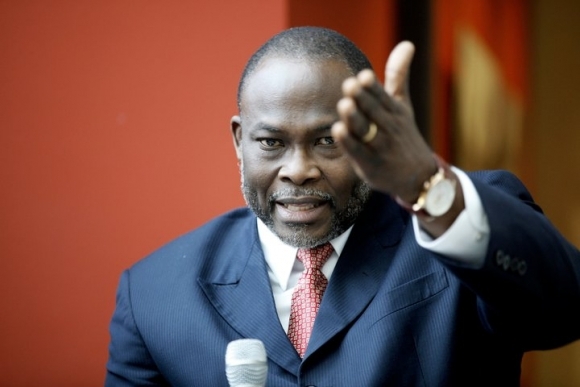
The Minister of Trade and Industry, Mr Ekwow Spio-Garbrah, has bemoaned the inadequate financial resources to the ministry.Accordingly, he called for an improved budget if Ghana was to succeed in its industrial development ambitions.
“If the Ministry of Trade and Industry is seen as a job creation entity to transform the economy, then resources should be provided to it”, he said in a statement released in Accra yesterday.
The minister made these remarks when he met with chairpersons of the committees of the Council of State in Accra.
The minister drew the attention of the council to the fact that, “The recently approved budget for goods and services for the Ministry for 2015 was only GH¢1.4 million (equivalent to about USD400,000) which he described as the price of a two-three-bedroom apartment in one of the upscale residential neighbourhood of Accra”.
Transforming EDAIF
The Trade and Industry Minister said plans were far advanced to transform the Export Development, Investment and Agricultural Fund (EDAIF) into an Export Import Bank (Exim Bank) next year to support export and agro-related activities.
He told the council that already the fund had supported poultry farmers to increase their production to meet the needs of Ghanaians.
It said another group that had benefited significantly from EDAIF funding was the pharmaceutical industry.
The minister noted that the demand for EDAIF’s support far outstripped its available resources.
Mr Spio-Garbrah told the Council of State members that the government was looking for a strategic partner to reposition the Ghana Trade Fair Company to transform it into a commercial hub.
MOTI, MoFA collaboration
He assured the members that his ministry would collaborate with the Ministry of Food and Agriculture to ensure that the right varieties of raw materials were produced to sustain Ghana’s industrial development agenda.
“Most Industries in Ghana are not able to produce at full capacity because of the lack of raw materials and this must be reversed to enable the sector to expand and create jobs for our youth”, he said.
On rice production, the Trade and Industry Minister said a committee co-chaired by Deputy Ministers of Trade and Industry and Food and Agriculture had been constituted to ensure that attention was paid to all issues that inhibited production to make sure Ghana cut its rice import in the foreseeable future.
He told the members that in response to the government’s initiative to convert importers into industrialists, a major sugar exporter to Ghana had indicated its interest to establish a large sugar factory and refinery in Ghana.
The project is expected to cost more than $300 million, all private sector funded.
The Chairman of the Council of State, Madam Cecilia Johnson, observed that the council was aware of the exploits of the minister, hence the need to meet with him and find out his efforts in promoting the President’s vision on trade and industry issues.



